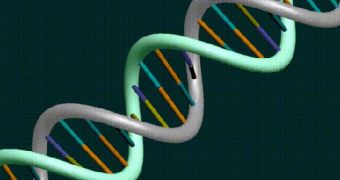Over recent years, synthetic-biology companies have become capable of producing very accurate and valid scientific results when it comes to genetic screening. These improvements have allowed them to enter the market, providing customers of all types with the data they need. But, with this ability has also come a new set of challenges, regulators in the United States say. They argue that bioterrorists could potentially exploit the system for their own mischievous purposes, and that this needs to be prevented at all costs. Therefore, they are proposing a new set of guidelines to regulate that, Nature News reports.
The government is currently expecting to get large amounts of feedback from all parts next month. The public-comment part of the initiative is due to begin on January 26, and analysts expect many people, companies and organizations to contribute to the debate. At this time, two main points of view have been made public. One argues that the new proposed measures are too relaxed, and that they would do little to protect citizens, while the other says that the initiative will do nothing less than block the screening procedures through bureaucracy.
All this commotion was triggered this August, when two companies involved in synthetic-biology research announced that they would not be abiding by the international protocols set in place by the industry. These two entities, and three others, have since signed on to follow a new set of guidelines, which they themselves compiled. According to the new regulations, companies and individual customers that are screened should be subjected to a number of automated processes, which will, for example, look for sequences that are included in the US select agents and toxins registry.
The industry reacted in a positive manner to the new set of proposed guidelines. According to the International Gene Synthesis Consortium, the industry “welcomes the draft guidance and encourages its final adoption in substance.” Integrated DNA Technologies Senior Vice President Damon Terrill adds that, “The approach recommended in the draft government guidelines in fact produce[s] exactly the information we need to ensure safety and security in the real world of gene synthesis.”
Not everyone agrees, however. “There is a human element to what is being proposed in this guidance,” University of Michigan in Ann Arbor Medical School Professor of Microbiology and Immunology Michael Imperiale explains. “The great danger of the guidelines is that they will give political cover to people who have in the past wanted to get by with much less onerous screening. I hope that is no longer true,” University of California in Berkeley (UCB) Professor of Public Policy and Law Stephen Maurer adds. He has been opposing the automated screening step since day one.

 14 DAY TRIAL //
14 DAY TRIAL //